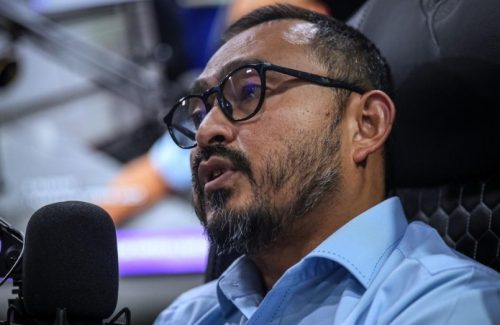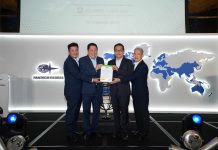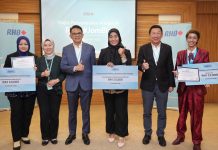
The Malay Chamber of Commerce Malaysia (DPMM) plans to set up business consortia to help small and medium enterprises (SMEs) gain access to mega projects and to implement the Gerakan Ekoniaga Madani (GEMA) programme to ensure its members remain competitive both domestically and internationally.
President Norsyahrin Hamidon said these are DPMM’s new strategies to empower Malay entrepreneurs in 2025 in addition to overcoming challenges related to market competition, growth of the digital economy and the need to comply with environmental, social and governance (ESG) principles.
He said information technology, solar energy and construction-based consortia will be established to pool the expertise and strengths of members of the Malay business community.
“Through this initiative, SME entrepreneurs will also have access to mega projects that previously were dominated only by large companies.
“As an example, in the solar field, we have successfully assembled more than 60 Malay-owned registered with the Sustainable Energy Development Authority (SEDA) Malaysia to form a consortium that has gained Petronas’ attention for future projects,” he explained during an interview with Malaysian national news agency, BERNAMA.
So far, a total of over 30,000 companies have registered under DPMM.
Norsyahrin said that the GEMA programme will kick off this month with a nationwide roadshow to collect data and assist entrepreneurs in beefing up their business infrastructure through digitalisation.
“Through GEMA, we will focus efforts on strengthening Malay entrepreneur business networking by encouraging them to enhance their technological skills and utilise the digital platform and artificial intelligence (AI) to remain relevant in the marketplace.
“In addition, we are introducing the AduBusiness platform so that entrepreneurs can submit views and complaints via online to DPMM, which will then be channeled to the relevant parties,” he added.
Furthermore, he expressed hope that Budget 2025 – which includes a RM40 billion allocation to support the SMEs – as well as Malaysia’s ASEAN chairmanship would open opportunities for local businesses at the international level.
“We are arranging collaborations with chambers of commerce in other countries, including in Singapore, Thailand and Turkiye, to assist our members in exploring fresh opportunities in the ASEAN and global markets,” he said.
At the same time, Norsyahrin also mentioned that DPMM is focusing on growing the gig economy and plans to provide a better support structure to strengthen the position of entrepreneurs in that sector.
“The gig economy is a new wave and we want to make sure entrepreneurs in this sector are not marginalized and instead have the potential to grow large-scale businesses.
“Through these focused strategies, DPMM is committed to continue being a main driver in empowering the Malay economy in line with the aspirations of Malaysia MADANI and the 13th Malaysia Plan,” he said.
























